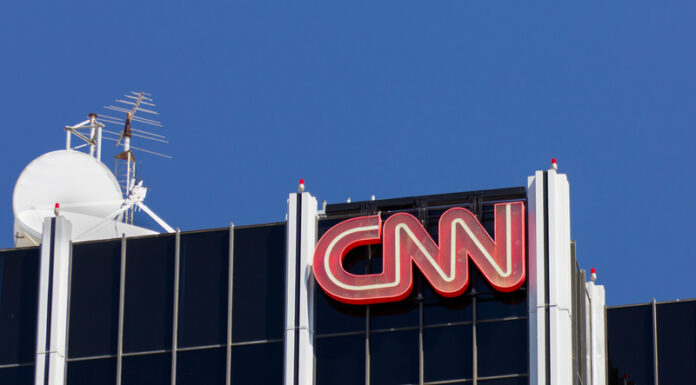Recent polling data reveals that most Americans do not perceive President Donald Trump as wielding excessive power, challenging assertions from some Democrats that he governs with monarchical tendencies. Many respondents believe Trump possesses either an adequate or insufficient level of authority, countering narratives advanced by certain Democratic officials.
CNN analyst Harry Enten recently remarked, “So the idea, that argument that Donald Trump is ‘a king,’ that I don’t think holds with the American people.”
Since returning to office in January, Trump has signed 111 executive orders, which Enten noted is the highest number at this point in a presidency in at least a century. Despite this volume of executive actions, polling suggests that public concern about presidential overreach is lower than Democrats might anticipate.
The Reuters/Ipsos poll released on April 21 showed Trump’s approval rating has declined to 42%, the lowest since his return to the White House. While many Americans expressed caution about specific efforts to expand presidential power, such as influencing cultural institutions or withholding funds from universities, these concerns have not translated into a widespread belief that the president has too much power overall.
A notable shift in public perception of both major political parties has also emerged. Polls indicate that Americans now perceive the Republican Party as caring for citizens as much as the Democratic Party, with the latest Quinnipiac poll confirming that support for both parties is now equal.
Enten described this as one of the most surprising pieces of poll data he had encountered this year, or possibly in any previous year. This marks a significant change, as the Democratic Party has traditionally been viewed as more caring.
The data shows a notable increase in Republican support among non-college-educated voters, who have gained nine percentage points in recent years. In contrast, support among college-educated voters has remained relatively stable.
The Democratic Party, once significantly favored in perceptions of caring for citizens, has seen its lead narrow substantially. Recent polling indicates the Democratic Party’s lead has decreased from seven points to just one.
According to Gallup, the Republican Party has maintained a slight edge in party affiliation for the third consecutive year. In 2024, 46% of Americans identified as Republican or Republican-leaning, compared to 45% for Democrats. This shift has been driven by increased Republican identification among several demographic groups, including Hispanic Americans, young adults, and those without a college degree.
The Pew Research Center analysis of partisan identification from 1994 to 2023 confirms that the partisan coalitions are increasingly different. The Democratic Party has become more racially and ethnically diverse compared to the Republican Party, while the gap in partisanship between college-educated and non-college-educated voters has widened.
These shifts in party perception may have significant implications for upcoming midterm elections. Looking ahead to the midterms, Enten cautioned that if Democrats think they automatically have a clear path to reclaiming control of the House, they should “hold on a second.”
The 2022 midterm elections resulted in Republicans gaining control of the House with 222 seats compared to 213 for Democrats. This narrow Republican majority came despite predictions of a “red wave,” with several factors, including the abortion issue, candidate quality, and youth turnout, aiding Democrats in performing better than expected.
Public satisfaction with the direction of the country has shown stark partisan divides since Trump’s return to office. Republican satisfaction with the state of the nation surged from 10% in January to 68% in February, while Democratic satisfaction dropped from 32% to 5%. This 58-point rise in Republican satisfaction represents the largest increase Gallup has recorded between surveys since 1991.
Trump’s second term has seen his approval rating average 45%, slightly higher than the 42% average during the same period in his first term. This improvement has been driven by increased support among Republicans, conservatives, men, and minority groups, offsetting decreased support from Democrats, liberals, and seniors.
Despite these findings, Enten pointed out on Tuesday, April 22, that the majority of Americans would hold President Trump accountable if a recession were to occur within the next year.
“If Donald Trump thinks he can avoid being blamed in the event of a recession, let me offer a reality check,” Enten remarked during an interview with CNN’s Kate Bolduan.
During the economic challenges sparked by Trump’s tariffs, Enten observed that the S&P 500, established in 1957, experienced its steepest decline under Trump compared to any other president at the same stage of their term.
“No other elected president at this point in their presidency saw a drop of 5% or more. So Donald Trump is on a planet all by himself, a planet you do not want to be on,” he said.








